Try this:
- Open your Chrome Dev Tools
- Navigate to the "Sources" tab
- On the right panel, expand "Event Listener Breakpoints"
- Expand the "Load" tree
- Check the
beforeunload and unload options
See if that helps; screenshot below.

Edit: Alternately, if that doesn't work, you can use Chrome to search all loaded scripts for the code that might be responsible. There's apparently a lot of ways to refresh the page with JavaScript but they mostly have a few common strings like "navigator", "location", "reload", "window".
Finally, if there's a link to the same page you are on, it's possible some JS is triggering a click on it-- unlikely, but worth exploring if nothing else has worked thus far...
(Please excuse the formatting as I'm on mobile...)
NOTE: It seems occasionally, for reasons I don't yet fully understand, this solution fails to actually cause the debugger to pause; in this situation, I found that thorn̈'s answer to this question did the trick for me.

